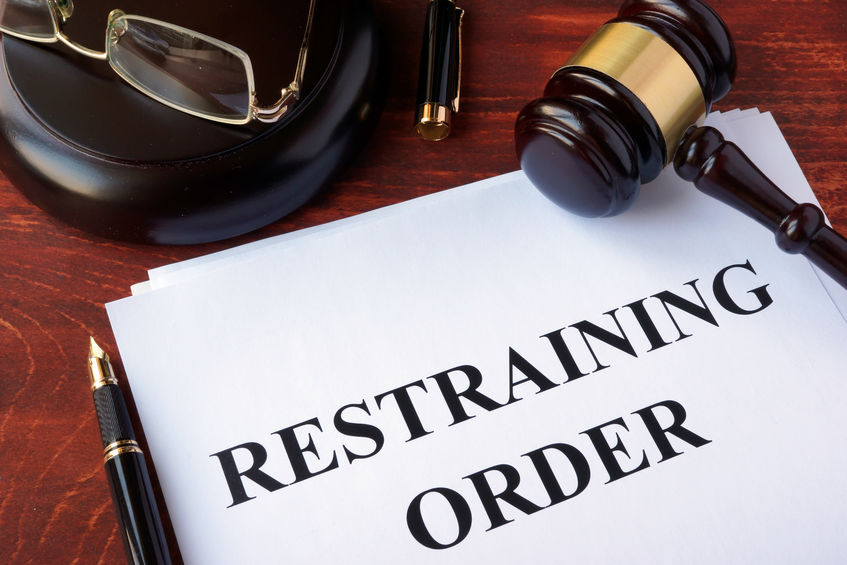What is a restraining order?
A Restraining Order is a court order intended to protect you from further harm from someone who has hurt you; to keep the abuser away from you, or to stop harassing you, or keep the abuser from the scene of the violence, which may include your home, place of work, or apartment. It is a civil order and it does not give the abuser a criminal record.
Who can get a restraining order?
A victim of domestic violence can obtain a Restraining Order. A victim of domestic abuse means a person protected by the law and shall include any person who has been subjected to domestic abuse by a spouse, or any other person who is a present or former household member and where the victim is 18 years of age or older or who is an emancipated minor. A victim, of any age, who has been subjected to domestic violence by a person who she/he says will be the father/mother of the child when the pregnancy is carried to term is also covered by this law. A victim, of any age, also includes any person who has been subjected to domestic violence by a person with whom the victim has had a dating relationship. Domestic violence means the occurrence of one or more of the following acts committed against a victim by an adult or an emancipated minor:
- Assault
- Battery
- Burglary
- Criminal mischief
- Criminal restraint
- Terrorist threats
- Non-consensual sexual contact
- Criminal trespass
What does a Restraining Order do?
If you are a victim of domestic violence, a judge can sign an Order of Protection that requires the abuser to obey the law. The order is very specific in as far as what the abuser can and can’t do. The abuser can be ordered not to have any contact with you, in person or by phone, at home, work, or almost anywhere you ask the court to put in the order. The order against contact may also protect other people in your family. The court can order the abuser to leave the house or apartment that you and the abuser share; even if it is in the abuser’s name. Except in unusual situations, the court will grant you custody of your minor children. The Court can also order the abuser to pay child support and support for you. The abuser may be granted visitation with the child/children usually under supervised conditions. If the children are in danger of abuse, you should let the judge know why you think so.
What happens at the Restraining Order Hearing?
A court date will be set, and you will appear before a judge. You will have the opportunity to explain your situation to the judge. You will usually appear before a judge without the abuser being present. When you return for your second appearance in court, on the date indicated in your order, the abuser has a right to be present. Both you and the abuser will have the opportunity to tell the judge what happened between you. You are allowed to bring a lawyer to this hearing. At the end of this hearing, the judge will determine if you should receive a final order, for how long, and under what conditions.
What can you do if the abuser violates the order?
If the abuser violates any of the other parts of the order, call the police. For some violations (having contact with you or coming to the house, for example) or if the abuser violated the order by committing a crime, (for example, stalking you, harassing you or trespassing) the local police must sign a criminal complaint for contempt of the court order.
Contact An Experienced Cape Cod Domestic Violence Lawyer
If you are the victim of domestic violence please contact Attorney Mike Suarez at (508) 759-1122 for a consultation.

